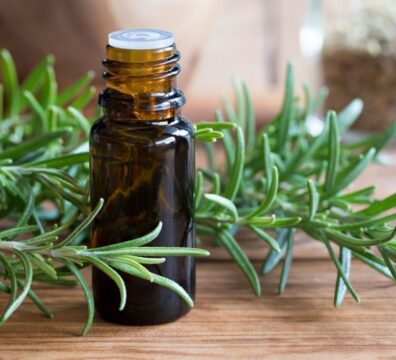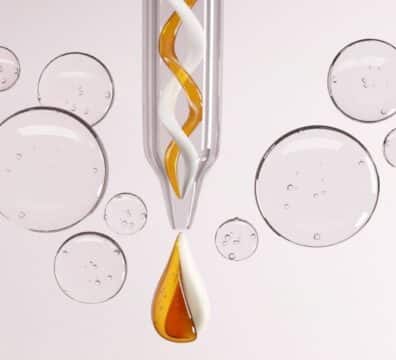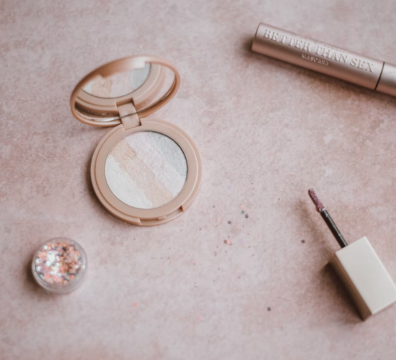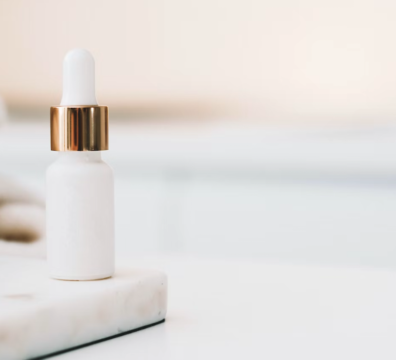BLOG
Natural Ways To Improve Skin Elasticity
My social media algorithms have gotten used to presenting me with an endless stream of skincare films at this point. My absolute faves are the ones showing skincare-obsessed mothers massaging their baby’s face. Yes, they are all unbelievably adorable. Furthermore, they make me wonder how different my skin would be if I’d been introduced to gua sha when I was only a few months old. While I can’t go back in time to reclaim plump, dewy skin, I’m doing everything to understand how to increase skin elasticity while also taking preventative steps.
What should you do first before making any changes to your skincare routine? Research. I’m delving deep and studying everything I can about skin elasticity because I’m on a mission to obtain that baby-plump skin. Collagen and elastin, it turns out, are the two components that influence skin suppleness. Both are in charge of maintaining your skin’s smoothness and tightness.
Read on the Natural Ways To Improve Skin Elasticity, as recommended by dermatologists.
About Collagen and Elastin
Collagen and elastin are proteins that make up our skin.
Collagen is a protein that helps structure and supports your skin.
Whereas elastin is thousand times more flexible, allowing your skin to bounce back.
Elastin is made up of peptides, fibroblasts, and amino acids, and it’s a highly robust protein that doesn’t start to disintegrate until we’re around 74 years old, unlike collagen.
However, elastin weakens over time, and its changeability causes wrinkles and grooves in your skin.
Environmental stresses such as UV pollution have an impact on both.
Our bodies create less of each protein as we age, while damage accumulates, resulting in wrinkled, sagging skin.
What factors affect skin elasticity?
Collagen levels begin to diminish, causing your skin to lose its natural suppleness.
We can only do so much to improve the appearance of our skin.
Genetics and lifestyle decisions both influence elasticity.
Excess UV exposure can harm the skin’s elasticity and collagen because free radicals generated by UV radiation in pollution can damage the skin’s elasticity and collagen.
We can’t do much about our genetics.
But, we can protect our collagen supply from further harm caused by environmental circumstances.
What are some natural ways to improve skin elasticity?
One of the essential components of healthy skin is, you guessed it, a healthy lifestyle.
While hearing yet another beauty blog encouraging you to drink water may be irritating, there is some validity in the cliché.
Diet affects your skin.
A diet rich in healthy fats such as walnuts, salmon, avocado, and hemp seeds is a fantastic way to preserve one’s elastin from breaking down. Other foods that may act as antioxidants, such as citrus fruits, can considerably contribute.
Increased hyaluronic acid and collagen levels can be helped by foods high in vitamin C and amino acids.
What ingredients aid in the suppleness of the skin?
If you want to keep your collagen, the first rule is always to wear sunscreen (the second rule is never to forget to reapply throughout the day).
Peptides and retinol are the best components for nourishing and plumping the skin.
Peptide-based lotions stimulate collagen and elastin.
Retinol-based products may also help to stimulate collagen and elastin production.
You may also read: What Is A Face Serum And Its Benefits?

The Most Effective At-Home Treatments for Skin Elasticity
There are at-home practices you can incorporate into your routine to promote tighter skin, in addition to eating healthily and using sunscreen. The most straightforward method is to use collagen and elastin-boosting skincare products.
Retinol and serums are clinically proven to increase skin suppleness.
Dietary collagen supplements have also improved skin firmness and elasticity in studies.
You can invest in technologies that simulate professional treatments like micro-needling or light therapy for even more intense at-home firming.
Here are some product suggestions for you:
- Retinol Face Serum.
- Overnight Cream With Retinol.
- Vitamin C Face Serum.
- Exfoliant Peeling Solution.
- Peptide Rich Moisturizer.
However, before attempting anything new on your skin, you should consult a specialist.
Conclusion
In conclusion, the quest for improved skin elasticity involves understanding collagen and elastin’s role. The blog advocates for a healthy lifestyle, sunscreen use, and skincare ingredients like peptides and retinol. At-home treatments and product suggestions offer practical steps, but individual needs vary, emphasizing the importance of personalized skincare. Here’s to a journey that prioritizes skin health and embraces the uniqueness of each individual’s path.










